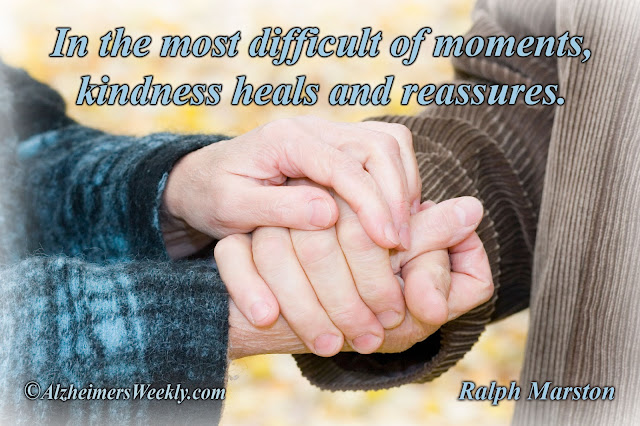16 Years Before Alzheimer’s, Blood Test Detects Symptoms
DIAGNOSIS RESEARCH – VIDEO & ARTICLE: A simple experimental blood test reliably detects signs of brain damage in people on the path to developing Alzheimer’s
DIAGNOSIS RESEARCH – VIDEO & ARTICLE: A simple experimental blood test reliably detects signs of brain damage in people on the path to developing Alzheimer’s
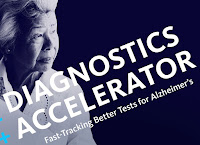
HEAR BILL GATES on why he funds the Alzheimer’s Diagnostics Accelerator. His goal? Earlier and better diagnosis of Alzheimer’s. The $30 million venture philanthropic fund

DIAGNOSING DEMENTIA: Quick tests to diagnose or screen dementia may often be wrong. The tests, called “Brief Cognitive Assessments”, help doctors, but sometimes hurt patients

VIDEO + ARTICLE: The Stable Isotope Labeling Kinetics (SILK™) blood test is a recent technology that sees Alzheimer’s years before signs appear. It can open

VIDEO + ARTICLE: FDA approval of a new dementia test has taken Alzheimer’s detection a giant step forward. Called “Cantab Mobile“, the test is a
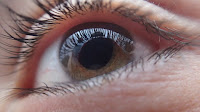
HEALTH RESEARCH VIDEO + ARTICLE: Can a retinal-scan at an early age predict future development of Alzheimer’s? Can you use that prediction to lessen your

BOOK OF THE WEEK: Explores different types of dementia, tips on alternative types of care, caregiver stresses, how testing is done, legal problems, and creative

Can a flickering light predict dementia, diagnose it and measure its progress? University of Georgia researchers think it can. Patients watch a flickering light that
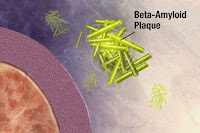
Diagnosing Alzheimer’s just took a giant step forward. Swedish researchers have published a new, internationally recognized method to measure the main protein that causes it.
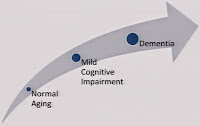
SEMINAR OF THE WEEK: See how exciting research is opening new windows to accurate, early diagnosis of Alzheimer’s. Learn how this is bringing hope for

NEW STUDY: Beetroot is known for improving blood flow—but that may matter more for dementia than many people realize. See the evidence and and what caregivers should realistically take from it.
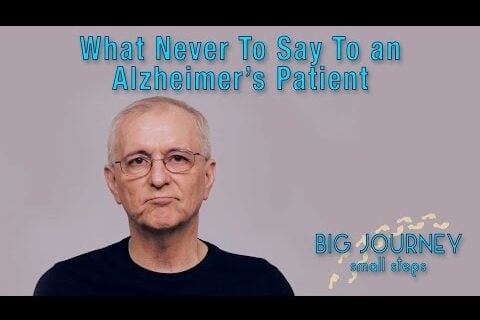
[VIDEO] TIPS FOR FAMILY, FRIENDS & CAREGIVERS. The title says it all. Whether caregiving for someone with Alzheimer’s or just visiting, be wise & avoid these phrases.
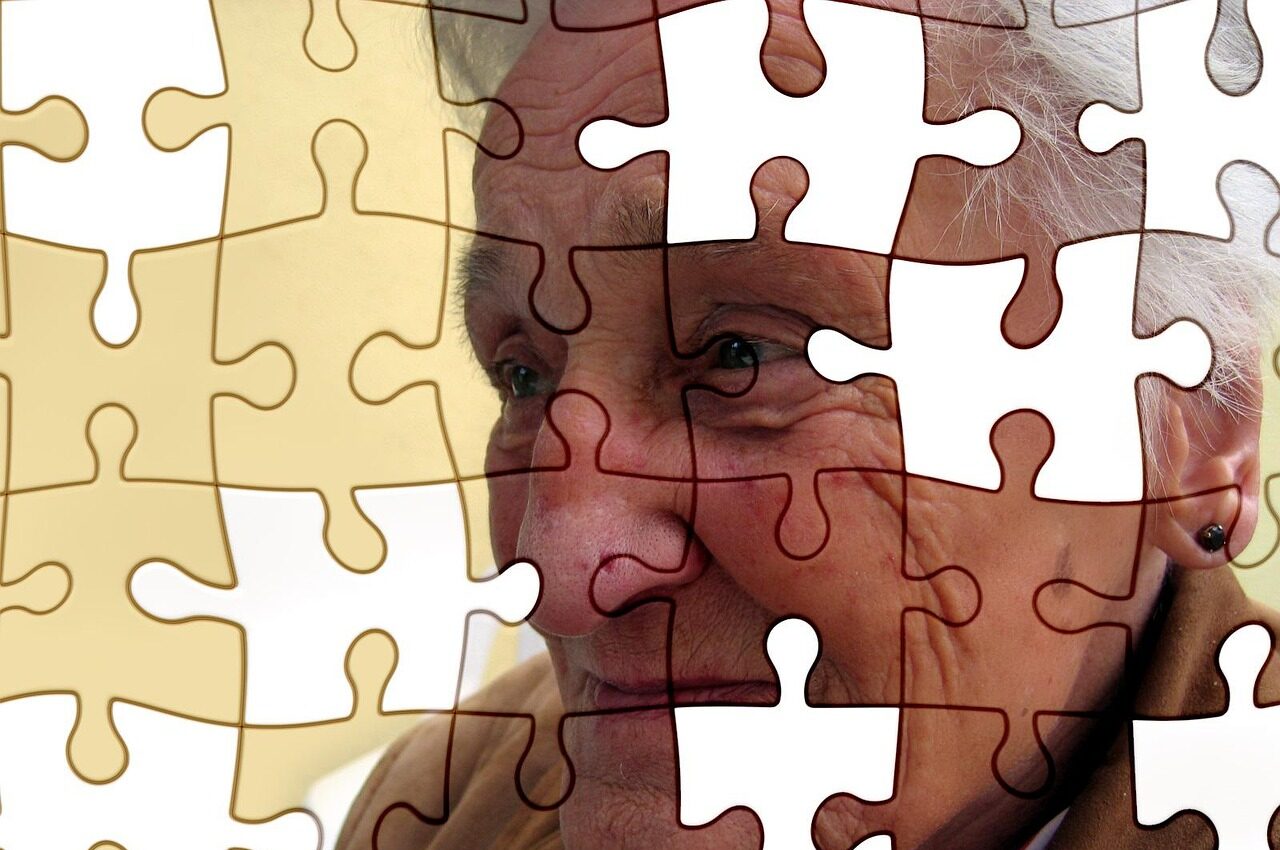
New research explains how to recognize “Rapidly Progressive Dementia”, why it often involves Alzheimer’s, and what faster change means for daily care and planning.
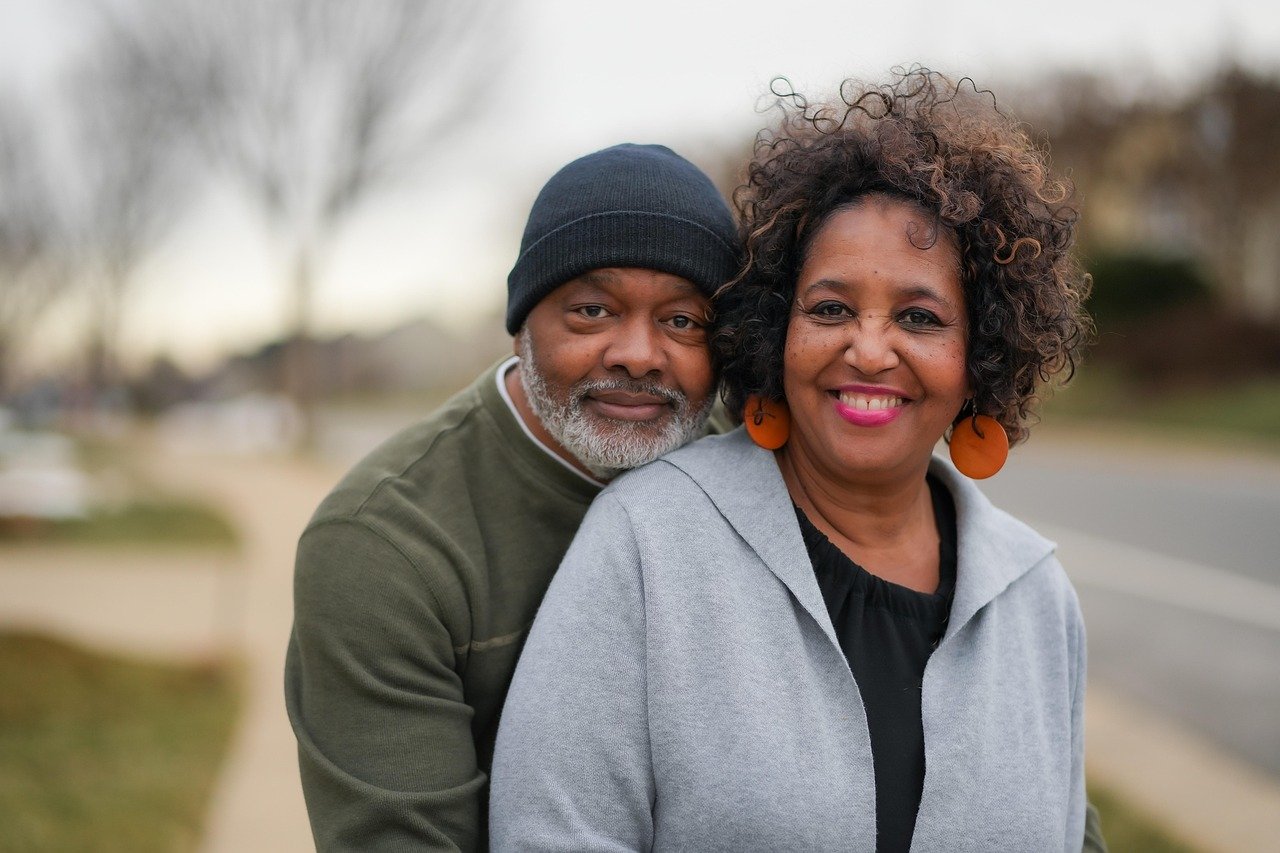
A deep promise to be there for an Alzheimer’s parent, this heartwarming song was written as a tribute to families facing dementia.

EMERGENCIES due to falling happen 54% more often in dementia. As a rule, 1-in-3 adults over 65 fall each year. Most falls happen at home. Make a few simple changes and prevent falls.
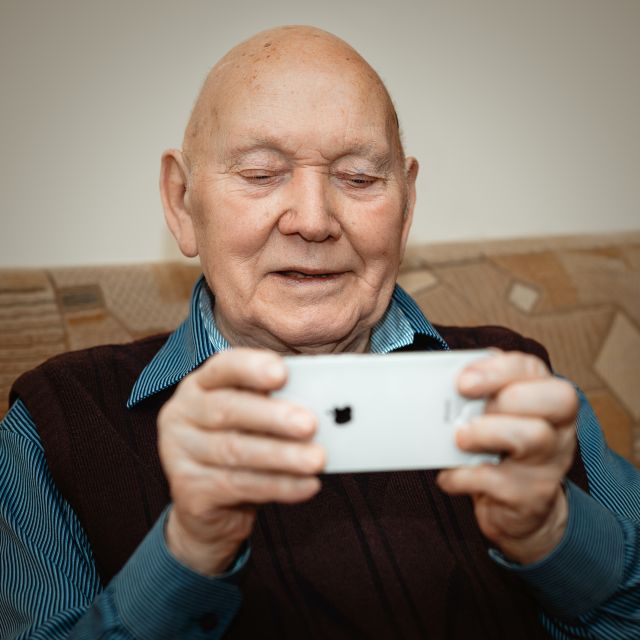
Researchers find education and intellectual stimulation appear to activate a genetic program in the brain that promotes resistance to cognitive decline. Find out more.

SOCIALIZING in your 50s and 60s strongly predicts less dementia later on. Learn why, from new research by University College London. See Ohio State University demonstrate how true it is, from animals to people.
No spam, only news and updates.

